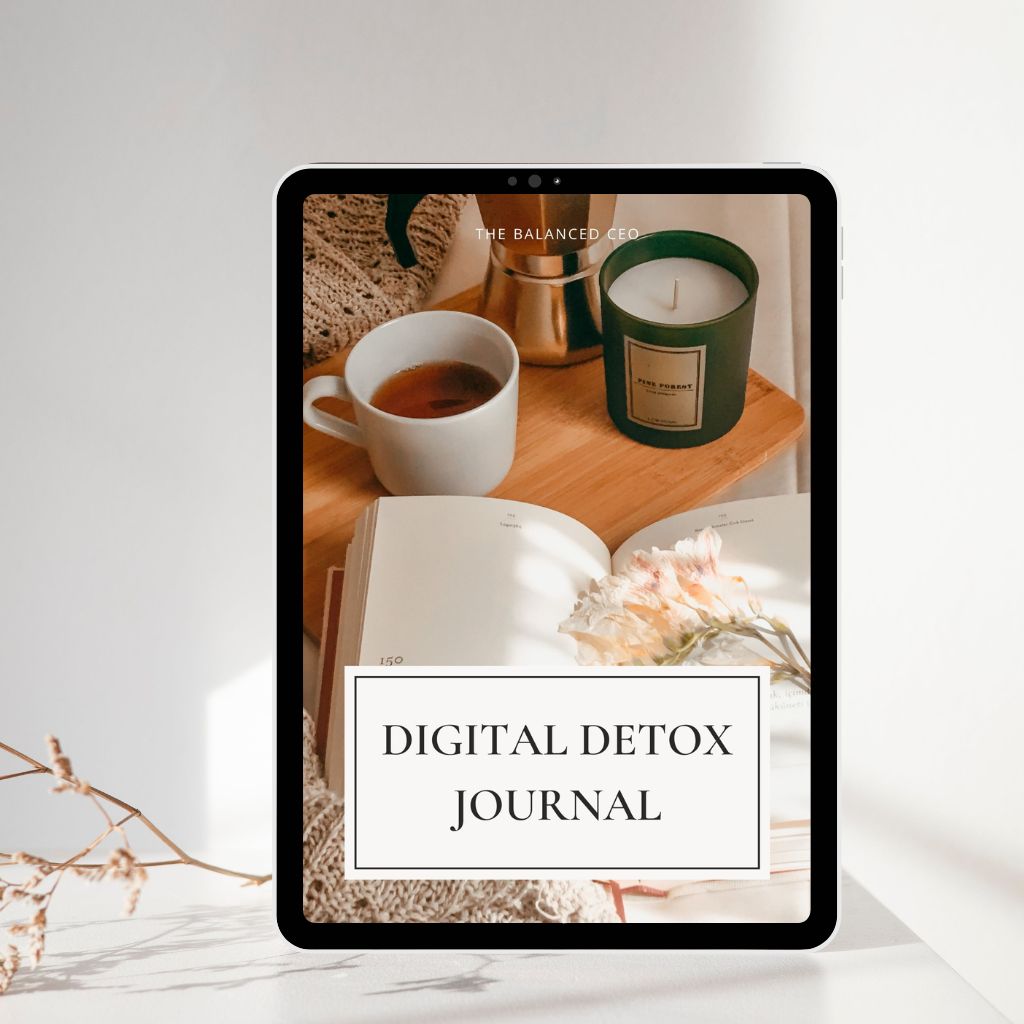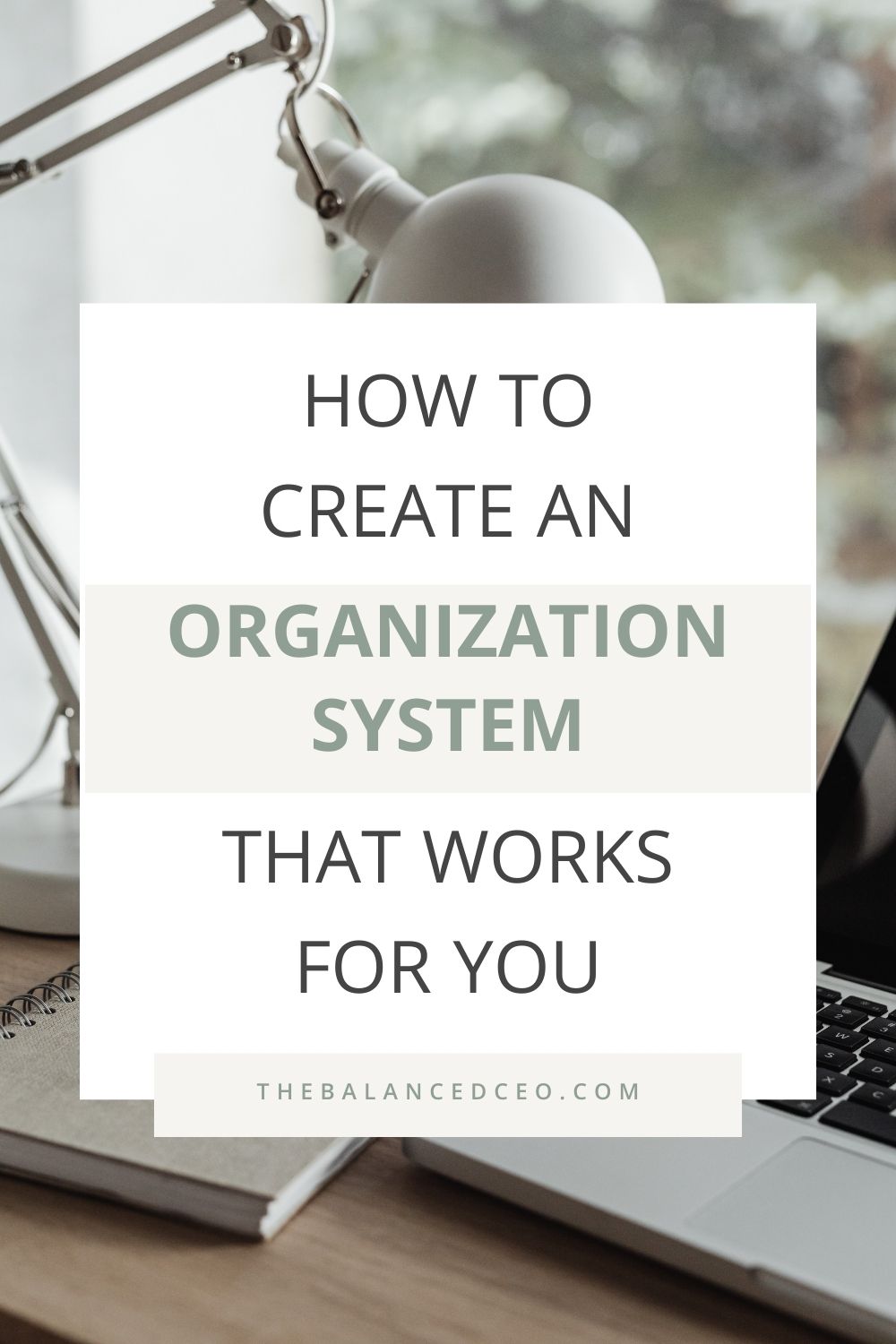This post may contain affiliate links, which means I’ll receive a commission if you purchase through my links, at no extra cost to you. Please read full disclosure for more information.

Between looking after a family, maintaining healthy relationships, pursuing a career, and taking care of yourself, tasks can pile up and things can get overwhelming. Organizing various aspects of your life is crucial for maintaining productivity and general well-being. However, there’s no one-size-fits-all solution for finding the perfect organization system — you need one that works for you.
Why Should You Prioritize Organization?
Most people operate better in a clutter-free environment. When everything has its place, you spend less time searching for items, information, or documents. Organization is a key skill, while disorganization can lead to poor performance at work, wasted time, and a cluttered mind. Some of the core benefits of organization include:
- Increased productivity: An organized environment allows you to work more efficiently. This streamlined process translates to increased productivity and time savings.
- Reduced stress: Clutter and disorganization can contribute to feelings of stress. A well-organized space at home and work promotes a sense of control and order, reducing tension and promoting a more positive mindset.
- Enhanced focus and concentration: Organization minimizes distractions, allowing you to focus better on the task at hand.
- Improved time management: Prioritizing tasks, setting deadlines, and maintaining a schedule all contribute to effective time utilization, preventing procrastination and last-minute rushes.
- Better decision-making: A well-organized system provides clarity, making it easier to make informed decisions. Whether it’s choosing between tasks or deciding on long-term targets, an organized mindset allows you to assess options more effectively.
- Enhanced goal achievement: Organizing your priorities and tasks aligns your efforts with your goals. Focusing on what matters most and breaking down aims increases your chances of achieving them over time.
Organize Your Home Life
There’s nothing worse than walking into a cluttered home after a tiring and busy day. Organizing your home is essential for creating a comfortable and stress-free living environment. Use these tips to organize your home life.
Declutter
A chaotic space equals a cluttered mind. Begin by decluttering your living room, then go through each room and identify items you no longer need. Donate, sell, or throw away these items to create more space and reduce visual chaos.
Create Zones
Designate specific areas for different activities. For example, you can make a dedicated workplace if you work from home, a space to relax, and an area for hobbies.
Establish a Routine
Develop daily and weekly routines to maintain order, such as setting specific times for chores like cleaning, grocery shopping, vacuuming, and meal prep. On weekends, make time each Sunday to reset for the week. Clean your space, do your laundry, and straighten up your desk so you’re ready for the week ahead.
Use a Calendar
Use a centralized calendar for scheduling family activities, appointments, birthdays, and other important dates. Place the calendar in a common area — like on the fridge — and color code events to make it easier to read.
Meal Prep
Planning your meals for the week ahead helps with grocery shopping, and ensures you and your family have balanced and nutritious meals readily available. Go the extra mile by batch cooking to save time and money during the week. This way, you can grab something healthy and satisfying in the middle of a hectic day without having to think twice.
Organize Your Work Life
Work is a source of stress in many people’s lives, but staying organized at work is crucial for being efficient, reducing tension, and achieving your personal and professional goals.
Write a To-Do List
Start each work day by writing down all the tasks you need to get done from most to least important. Break down bigger, more extensive work into smaller, more manageable steps. With 65% of people being visual learners, physically writing down your tasks may make it easier to track your progress and prevent you from feeling overwhelmed. Use tools such as digital management apps or traditional pen-and-paper methods if you prefer.
Prioritize Your Tasks
Organize your to-dos based on urgency and importance. Methods like the Eisenhower Matrix help categorize to-dos into the following four quadrants:
- Urgent and important
- Important but not urgent
- Urgent but not important
- Neither urgent nor important
Prioritize the tasks in the first two sections before moving on to the next two to maximize productivity. This way, you won’t hop from one task to the next without completing it first.
Set Reminders
If you’re prone to forgetting jobs or losing track of time, set timers on your phone or use sticky notes as helpful prompts. Scheduling reminders in advance can ensure you keep important commitments on your radar and meet crucial deadlines.
Use Time Blocking Methods
Divide your day into time blocks, setting aside specific times for different types of tasks. For example, designate a certain time for meetings, another for uninterrupted, focused work, another for responding to emails and another for a break. This creates a structured schedule and maximizes your focus.
Organize Your Workspace
Keep your workspace clean and organized. Declutter your desk, file important documents, pack away any loose pieces and create designated spaces for various types of work. A well-organized space can enhance focus and productivity, as you’re less likely to get distracted.
Set Clear Goals
Have you ever found yourself wondering what you’re doing it all for? These feelings are likely because you lack a sense of purpose. Find your “why” and understand what you want to achieve in your work life, both professionally and personally. Having clear goals will provide a sense of direction and purpose.
Use Technology
If you prefer less physical clutter, digitizing everything may be a good idea. Technology is an excellent way to streamline your work processes. Use project management tools, communication apps, online calendars and collaborative platforms to facilitate efficient teamwork. Automation tools can also help with repetitive tasks, freeing up time for more strategic activities.
Organize Your Social Life
Organizing your social life is essential for maintaining connections, managing commitments, and finding a sweet spot between social and personal time. This goes for your online social life, too. Here are some ways to organize your social life effectively.
Prioritize Relationships
Identify and prioritize your most important relationships. Focus on maintaining strong connections with close friends and family, and spend less time with people who drain your energy.
Schedule Social Time
Block out specific times in your calendar for social activities. Whether it’s a biweekly dinner with friends or a monthly outing, scheduling quality time ensures you make room for meaningful interactions.
Set Boundaries
Establish boundaries for digital communication — and every other aspect of your life. Turn off non-essential notifications to reduce distraction, and allocate specific times for checking messages and social media. You don’t need to be available to everyone all the time. It’s important to take some time for yourself to reduce mental clutter and prevent burnout.
Do a Digital Detox
If you’re easily distracted or find social media leads to burnout, consider taking the occasional digital detox to recharge. Disconnect from non-essential social media platforms and digital communication briefly to help you focus on in-person interactions and your well-being.

This digital detox journal is the perfect tool to help you unplug from technology, be more mindful, and focus on your well-being.
Get Things in Order
Creating an organization system that works for you requires some experimentation. By reflecting on your needs and testing out different methods, you can develop a system that enhances your productivity and brings balance to your life.

Cora Gold
Contributor
Cora Gold is the Editor-in-Chief of Revivalist magazine, a publication dedicated to happy, healthy, and mindful living.





Leave a Reply